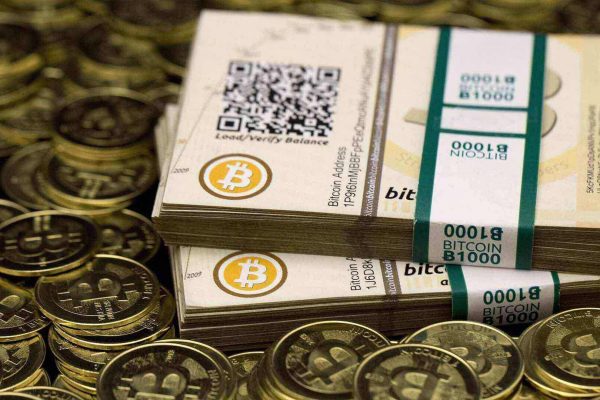A collective lawsuit by various Coinbase users was filed against the cryptocurrency exchange from the United States at the beginning of this month. The reason for the lawsuit are the events that took place in December last year, when a group of employees from Coinbase used the internal knowledge and information available to them to make high earnings with the adoption of Bitcoin Cash by Coinbase.
The lawsuit was filed with the United States District Court, Northern District of California. The lawsuit explains that Coinbase was not planning on accepting Bitcoin Cash during the Bitcoin bifurcation. However, its employees were warned one month before the adoption and they used this privileged information to buy the tokens before the price went up with the sudden addition of Bitcoin Cash to the platform.
The lawsuit was signed by Jeffrey Berk, on behalf of himself and all the other users of Coinbase that find themselves in a similar situation. Berk said: “This is an action in the names of all the Coinbase clients that purchased, sold or exchanged funds on Coinbase or GDAX related to the launch of Bitcoin Cash on Coinbase in the period between December 19th and December 21st, 2017, and then suffered losses as a result of the misdeed of the sued party.”
On December 19th, 2017, Coinbase announced the introduction of Bitcoin Cash to its catalogue of cryptocurrencies available for trading. This move pushed the price of Bitcoin Cash up by more than 60% to its historical maximum of 3,813 dollars per coin. In just a few hours, the price of BCH rose by more than one thousand dollars.
The lawsuit says: “On December 19, 2017, a month after tipping off its own employees as to when it would commence fully supporting BCH, Coinbase suddenly announced that it was opening up its books to the buying and selling of BCH within minutes after its announcements. Unsurprisingly, those who had been tipped off, immediately swamped Coinbase and the GDAX with buy and sell orders, thinning the liquidity but obtaining BCH at fair prices. The market effect was to unfairly drive up the price of BCH for non-insider traders once BCH came on line on the Coinbase exchange.”
The employees who knew about this event could purchase BCH up to one month before it was made available on Coinbase and thus achieve earnings of more than 60% of the original value at the time of purchase. A few hours after the launch, Coinbase detained all the transactions related to Bitcoin Cash due to suspicions that its employees were filtrating information before the adoption was announced, taking advantage of the rise of the price of BCH to make personal gains. The cryptocurrency exchange announced it was investigating its employees due to this event.
The plaintiffs explain the situation in more details in the lawsuit: “Imagine writing a cashier’s check to a friend. The bank withdraws funds from your account, but your friend never cashes the check. Does the bank get to keep the funds? The law clearly says no. But this is exactly what has happened with Cryptocurrencies sent through Coinbase.com, owned and operated by Coinbase, Inc.
Coinbase users can send Bitcoin, Ethereum, Litecoin and Bitcoin Cash (collectively “Cryptocurrencies”) to an email address. Plaintiffs and the Class were sent an email from Coinbase stating they had Cryptocurrency, with a link to create a Coinbase account to redeem it. But until 2017, most people never heard of a “bitcoin” or cryptocurrency, so most of these emails were disregarded. And most of the Cryptocurrency went unclaimed.
But instead of notifying Plaintiffs and the Class they had unclaimed Cryptocurrencies, or turning those Cryptocurrencies over to the State of California as required by California’s Unclaimed Property Law…Coinbase kept them.”
Despite the measures taken by the cryptocurrency exchange, the discontent of part of the users followed with latency and led to this lawsuit. Coinbase has not commented the newest lawsuit. The plaintiffs expect to receive monetary compensations from Coinbase and its CEO, Brian Armstrong, for a sum decided during the trial. At the moment, it is still unknown when this trial might happen.
A few days ago, Coinbase announced on its official blog it would support the bitcoin transactions performed with the SegWit (Segregated Witness) protocol. During the next days, the Coinbase bitcoin wallets will be updated to make use of the benefits of the SegWit protocol. This use of SegWit will increase the speed of the transactions and reduce the cost of the transaction commissions at the same time.




